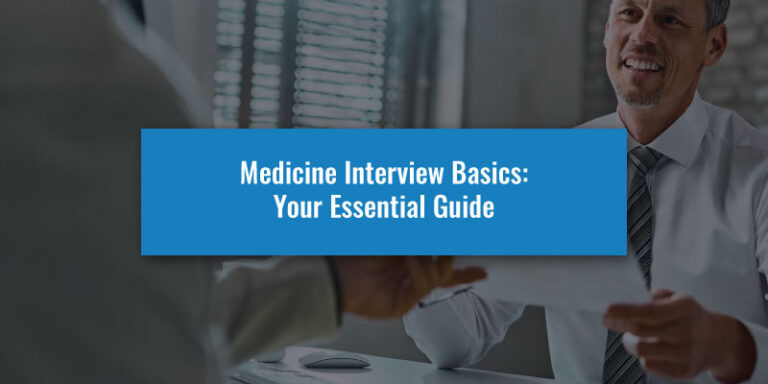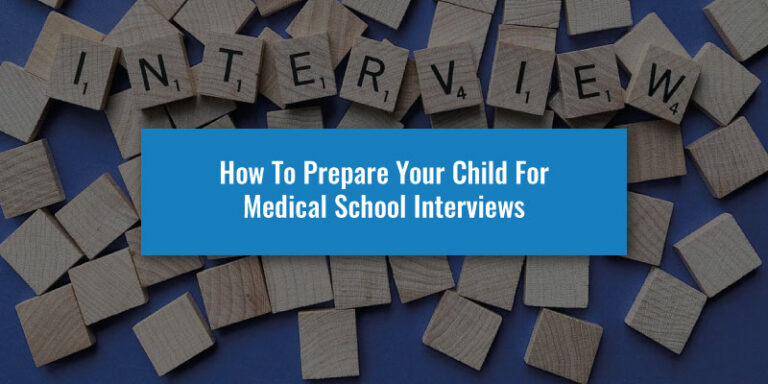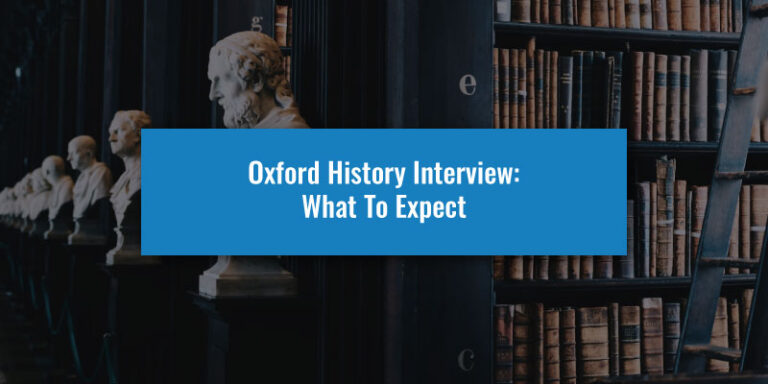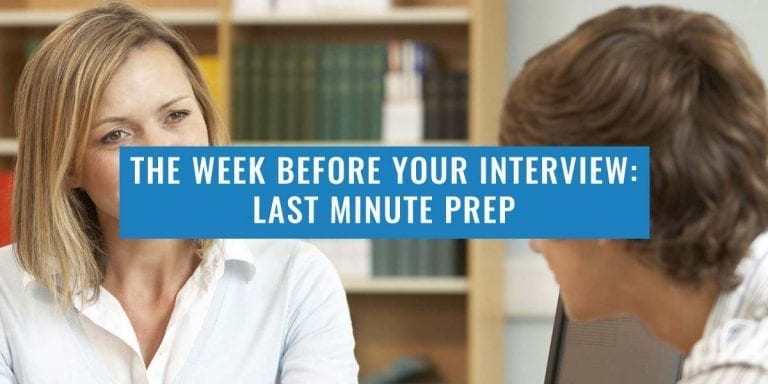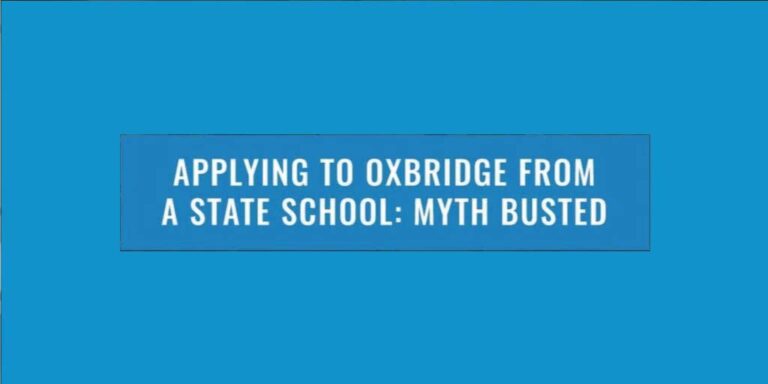If you’re lucky enough to have been invited to an interview for Oxford’s Engineering Science course, then congratulations!
Getting the chance to meet the admissions tutors isn’t common for applicants, with roughly 35% of applicants for the degree being invited each year. You’ve already shown your potential through your grades, Personal Statement and PAT score, so now you just need to seal the deal!
However, this is easier said than done, as only around 20% of applicants are given an offer each and even fewer are admitted. In this guide, we’ll help you get started with your Engineering Science interview preparation so you can be ready to impress your interviewers. Let’s get started!
Access "The Big Book Of Oxbridge Applications" For FREE
There’s lots more to consider in the Oxbridge Engineering admissions process, including the Personal Statement, admissions tests, interviews and more, so claim your free digital copy of The Big Book Of Oxbridge Applications, now. In over 350 pages, you’ll find:
- Over 40 admissions test practice questions
- 28 example Oxbridge Personal Statements
- Interviews with Oxbridge students and graduates
- Additional downloadable resources
Fill in your details below to claim your digital copy today!
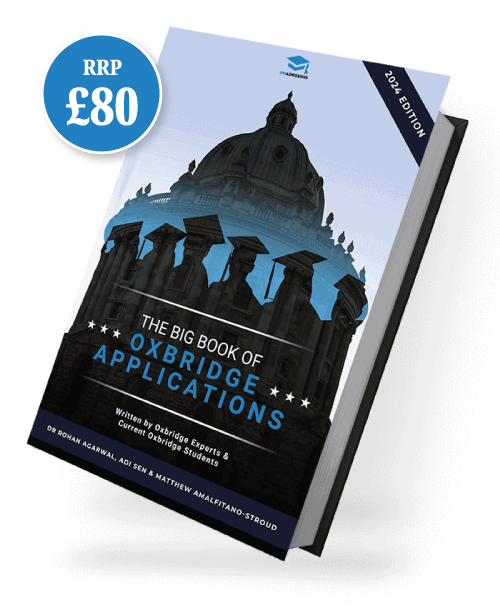
The Oxford Engineering Science Interview Format
For the Oxford Engineering Science, candidates usually have two initial interviews. The first interview will be at your preferred college, or the one that has been allocated to you. This one tends to last between 30 and 45 minutes. Later, you will have a further interview at a second college in the afternoon, which will last around thirty minutes.
These two interviews are slightly different. The first covers your interest in engineering and your ability to develop your ideas in physics and mathematics. Both the maths and physics questions will centre around what you have covered in school.
The process will involve a maths question and a question asking you to explain the physics going on in a particular situation you have been given. You will need to develop the maths around this to show you are capable of explaining physical concepts using your mathematical knowledge.
The second interview tends to be shorter. It mainly consists of just the mathematics and physics questions, rather than going into detail again on your interests and passion for engineering sciences.
We have a full guide dedicated to the types of questions you’ll be likely to ask at your interviews, so be sure to read that guide after you’ve finished this one. You can also review the Oxford Engineering Science faculty’s page for more information on the interview process.

Triple your chances of getting your place in Oxford Engineering Science with UniAdmissions
Preparing for your Oxford interview is tough, no matter the subject, but working with UniAdmissions will make the process far easier and more effective. Through one-to-one tuition and mock interviews with an Engineering expert, combined with live courses and extensive resources, you will be able to craft the perfect interview strategy and boost your performance.
Discover our Oxbridge Engineering Interview Programme by clicking the button below to learn how you can enrol and triple your chances of success.
Preparing For Your Oxford Engineering Interview
Now that we know what the interviews will look like, let’s next think about how we can prepare for them. The first thing to think about is what the admissions tutors at the Oxford colleges actually look for.
What Do Oxford Interviews Look For?
Tutors are looking for candidates to demonstrate six key competencies:
- The ability to express the core knowledge of Physics.
- The ability to express the core knowledge of Mathematics.
- To be able to apply what you already know to new situations.
- To understanding new concepts.
- To effectively apply new concepts.
- Rapidity in reasoning.
Candidates also need to discuss their commitment to such an intense form of study and their passion for the engineering sciences. The interviews will provide frequent opportunities to demonstrate all of this throughout the interview through the different questions asked.
With this in mind, let’s consider how to best prepare for your interviews. The best way to prepare for the Oxford Engineering science interview is, firstly, to make sure you are very familiar with the material.
That means being familiar with the maths and physics syllabuses for your studies and the syllabus for the PAT, as well as being aware of what is covered on the course (don’t worry, you don’t have to actually know this content yet!). This will enable you to use concepts which you are expected to know to explain the physical situation you have been asked to describe.
With this in mind, it’s also worth refreshing on what criteria you covered in your Personal Statement. Although interviews for STEM subjects tend to stick to subject-related questions, your interviewer may highlight something interesting in your Statement and ask you about it, so make sure you remember exactly what you wrote.
Revision For Your Engineering Interview
As we’ve established, you’re going to be asked to solve a few mathematics and physics problems during your interview. This is something you’ll already bene preparing for for your exams and the PAT, though the interviews will be a bit different.
Solving problems in the interview won’t involve answering the question in silence on a computer or sheet of paper. While you’ll have resources to support you, the question needs to be answered verbally, explaining your whole process to the interviewer in a clear and understandable way.
Adding communication skills on top of an already difficult problem sounds like a nightmare, which is why you’re going to need to practice. Take the problems you’ve already been practising with and present your answer verbally as you work through them. This doesn’t necessarily have to be with someone who understands the content, but it does help to work with someone who can provide actionable feedback about your solution or delivery.
Avoid Cramming
However, the faculty stresses that for the Oxford Engineering Science interview, they do not expect candidates to spend lots of time cramming concepts before the interview. If you are uncertain, expressing your thought process out loud allows the interviewer to point you in the right direction.
This is very common and absolutely not discouraged. The questions are generally going to be a bit harder than what you’re used to, so don’t take this as a sign that the interview isn’t going well!
Mock Engineering Interviews
We’ve looked at ways to prepare yourself for the big day, but we haven’t covered the most effective preparation method yet. Mock interviews are the best way to simulate the actual conditions you’ll be working in, thus making it the most realistic way to practice for your interview.
You should complete at least two mock interviews before your final interview date, including one a few days before. However, the more you can do in a longer period of time, the more confident you will feel when walking into your real one.
Again, you shouldn’t cram these in at the last minute, but you should instead space them out over one month at minimum. Work with someone who you have less of a personal connection with, like a teacher or mentor if possible, as this will increase the realism of the situation. You don’t want the mocks to feel too relaxed, as there will always be a certain level of pressure in the real thing.
Oxford interviews are all currently held remotely, so try to simulate this if possible, If not, in-person mocks are still very helpful and will provide a close enough experience. The important thing is that you treat these mocks as if they were the real thing.
Of course, a mock interview isn’t particularly valuable without feedback, so make sure you’re mock interviewer is someone knowledgable who will be able to critique your performance and give you areas to improve on. Save all of this feedback so you can look back on how you’ve improved.
Not everyone will have access to someone who can play a realistic interviewer and provide actionable feedback. If this is the case for you, it’s still important to be able to engage in some form of mock interview, even if it’s not a perfect recreation of the real thing. If you’re able too, online mock interviews are a great way to practice with someone who is knowledgeable and unknown to you, which is exactly how the real thing will be. UniAdmissions offers mock interviews as a part of our Oxbridge Engineering Programme, as well as our dedicated Engineering Interview Programme, so check them out if you’re looking for a comprehensive preparation package.
To finish this guide, here is some advice from an Oxford Engineering Sciences student based on their interview experience:
“Trust in yourself that you know your material very well – after all you have already been invited for an interview! – and make sure when you answer the questions you are relaxed and approach the problems from the basics.”
We hope this has been helpful to you and that you’re not feeling confident in starting your interview preparation. If you’d like to access comprehensive support for your interview, check out our Oxbridge Engineering Interview Programme today to learn how you can enrol.
Worried about your interviews? UniAdmissions is here to help
With our Oxbridge Engineering Interview Programme, you’ll have access to everything you need to succeed in your interviews. With personalised tuition sessions, mock exams, live courses, and a wealth of resources, you’ll cultivate essential skills for Oxbridge applicants and make a strong impression on your admissions tutors.
Discover our Oxbridge Engineering Interview Programme by clicking the button below to learn how you can enrol and triple your chances of success.

